When it comes to picking the perfect pooch for a family with little ones, not all dog breeds are created equal. While many pups make loyal, gentle companions, some breeds are better suited to households without toddlers running amok. Whether it’s due to their size, temperament, or high-energy needs, certain dogs may not mix well with small kids. Here’s a rundown of 13 dog breeds that might make you think twice if you have tiny humans at home.
1. Chihuahua
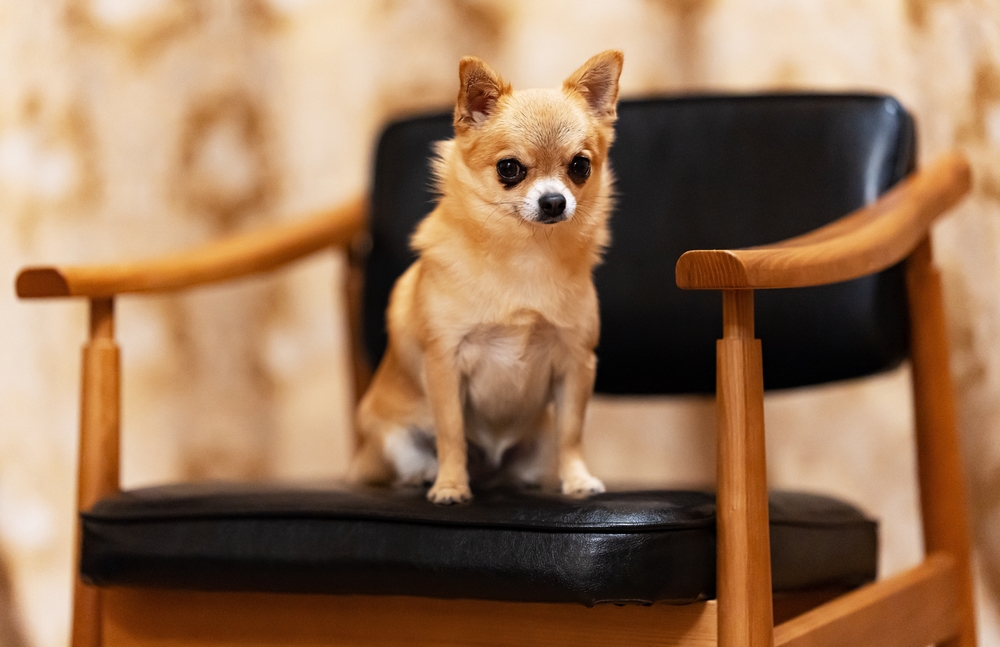
Chihuahuas may be tiny, but don’t let their small size fool you—they often have a larger-than-life attitude. Their feisty personalities and tendency to snap when provoked make them less than ideal for households with unpredictable toddlers. According to Pet Helpful, their unpredictable temperament doesn’t mix well with kids. They’re also fragile little dogs, meaning rough play can easily injure them, leading to an unhappy situation for both pup and child. This breed might not be the best pick if you want a dog that thrives around kids.
2. Dachshund
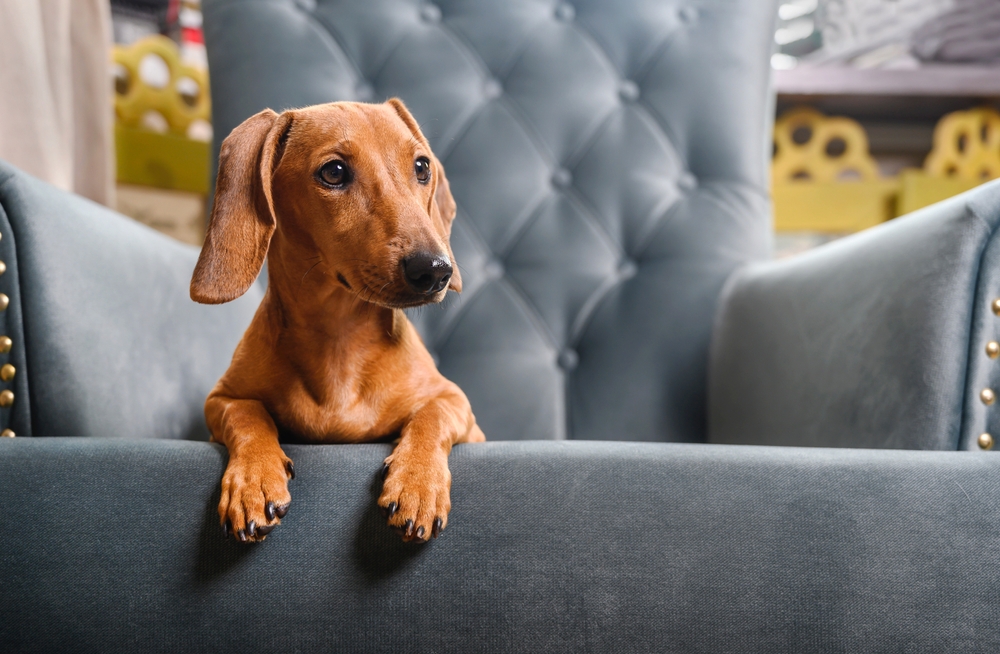
While undeniably adorable, Dachshunds can be territorial and prone to nipping, especially if they feel threatened. These sausage-shaped sweeties were bred to hunt badgers, so they have a bold, stubborn streak that doesn’t always mesh well with young children’s energy. They also don’t tolerate rough handling, and their elongated spines are particularly vulnerable to injury. A patient and calm environment is a better fit for these long-bodied pups.
3. Jack Russell Terrier
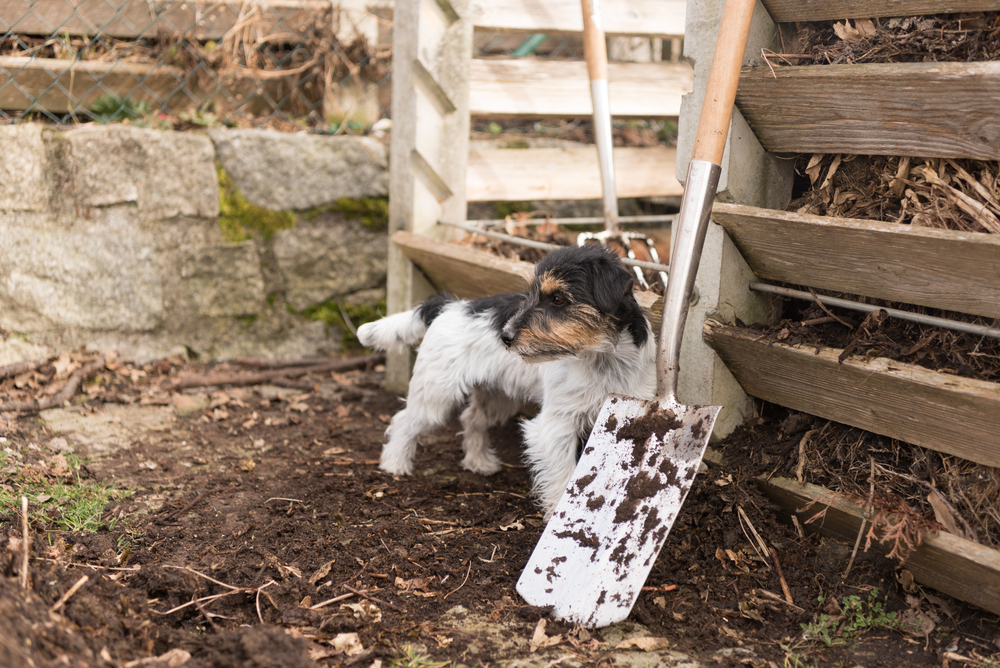
Jack Russells are bundles of energy, but their high drive and need for stimulation can make them overwhelming for families with small kids. These terriers have a strong prey instinct and aren’t always the most tolerant when it comes to kids grabbing their tails or ears. They can also become destructive if they don’t get enough exercise, leading to chaos in a household already busy with little ones. For a calmer vibe, you might want to consider a less high-strung breed.
4. Siberian Husky
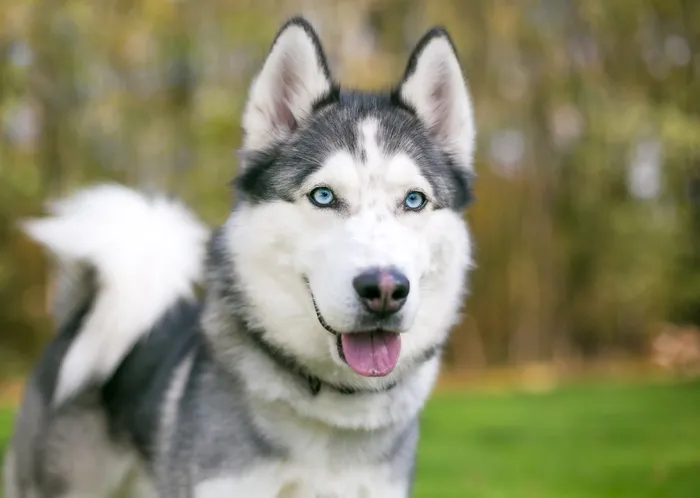
Huskies are undoubtedly stunning, but their size and high energy levels can be a recipe for disaster with small children. Known for their playful nature, they might unintentionally knock over a toddler in their excitement. They also require a ton of exercise and mental stimulation, which can be difficult to manage when you’re already wrangling young kids. While they’re generally friendly, their exuberance can be a little too much for tiny humans. It’s best to do your research when it comes to kids and huskies, Meghan Connolly, DVM, owner of Atlantic Veterinary Behavior, told Daily Paws.
5. Alaskan Malamute
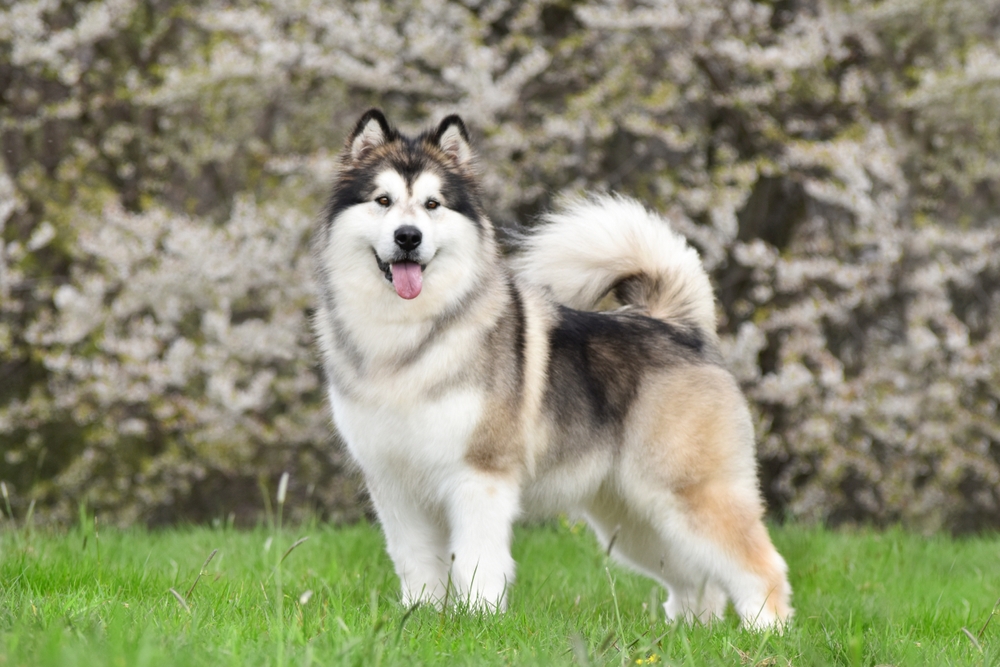
Similar to their Husky cousins, Alaskan Malamutes are large, powerful dogs that require significant training and socialization. Their sheer size alone can pose a risk to small children, especially during playtime. They’re also highly independent and can be stubborn, which makes them a challenge for inexperienced dog owners. While they’re wonderful for active adults, they’re not always a match for busy families with toddlers.
6. Chow Chow
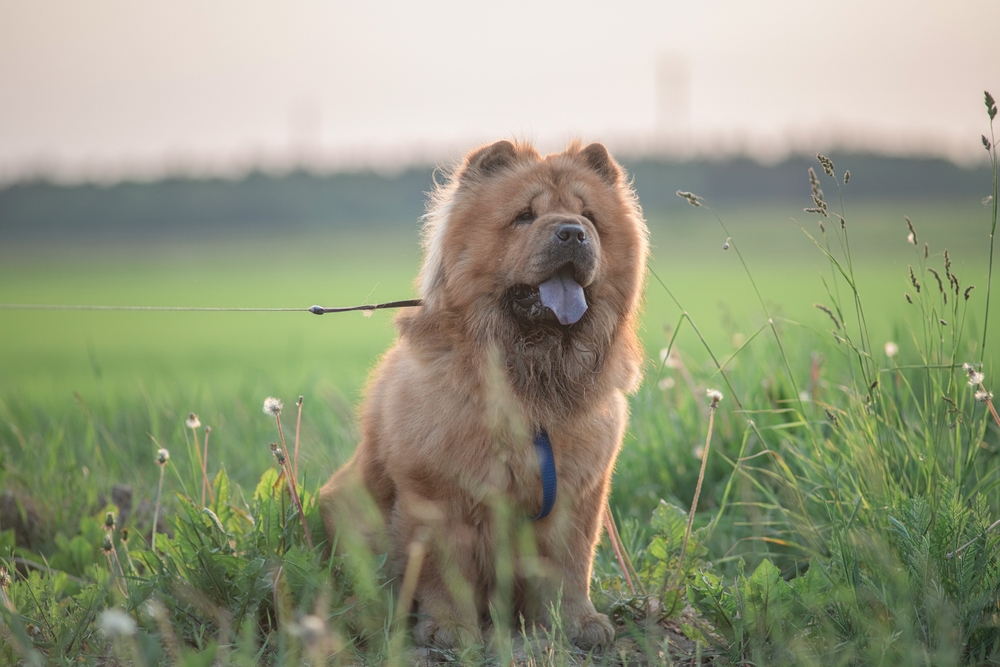
Chow Chows are known for their lion-like appearance and dignified demeanor, but they’re not always the cuddliest companions. They can be aloof and wary of strangers, including overly enthusiastic kids. Their strong-willed nature and potential for aggression when provoked make them a tricky choice for families with small children. If you’re after a low-maintenance, kid-friendly breed, a Chow Chow might not be your best bet.
7. Afghan Hound
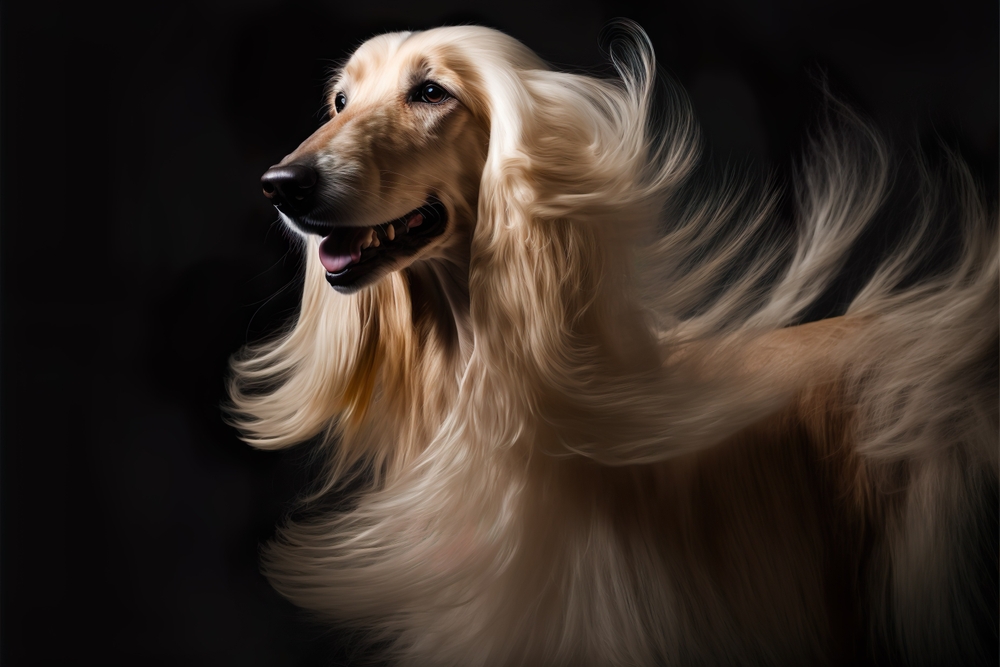
Graceful and elegant, Afghan Hounds are beautiful dogs, but their independent nature makes them less suitable for homes with young kids. They can be aloof and are often not interested in roughhousing or constant attention. Their long, flowing coat also requires regular grooming, which can add stress to a busy household. While they thrive in calm, quiet environments, they’re not always a fan of the chaos that comes with toddlers.
8. Border Collie
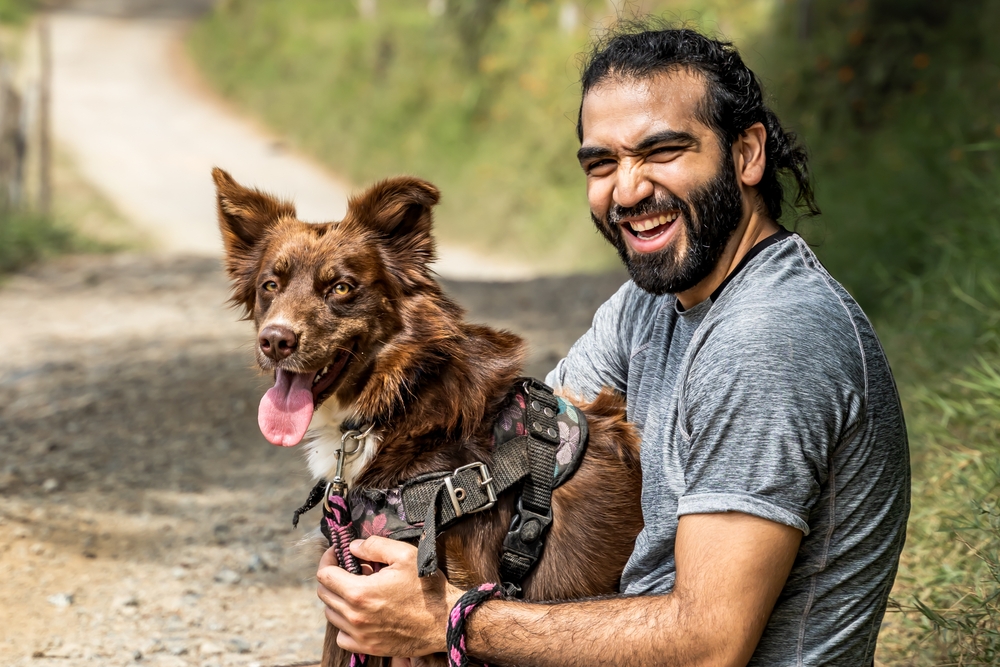
Border Collies are brilliant and highly trainable, but their intelligence and energy levels can be overwhelming for families with little ones. These dogs need constant mental and physical stimulation, which can be hard to provide when you’re juggling the demands of small children. Their herding instinct might also lead them to nip at kids to “keep them in line.” If you’re not ready for the challenge of a high-energy working dog, it’s best to steer clear.
9. Weimaraner
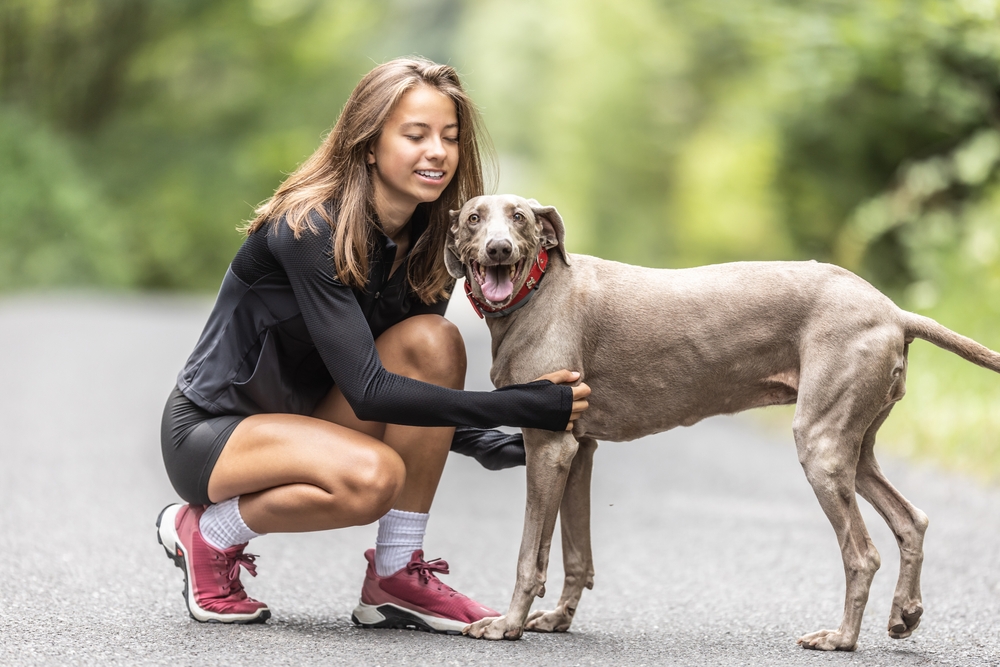
Weimaraner are sleek and athletic, but their need for exercise and attention can make them a handful for families with young children. These dogs are known for their strong bond with their owners, which can lead to separation anxiety if left alone too often. Their large size and boundless energy can also make them prone to knocking over or overwhelming small kids. For families seeking a low-maintenance, calm companion, this breed may not be ideal.
10. Dalmatian
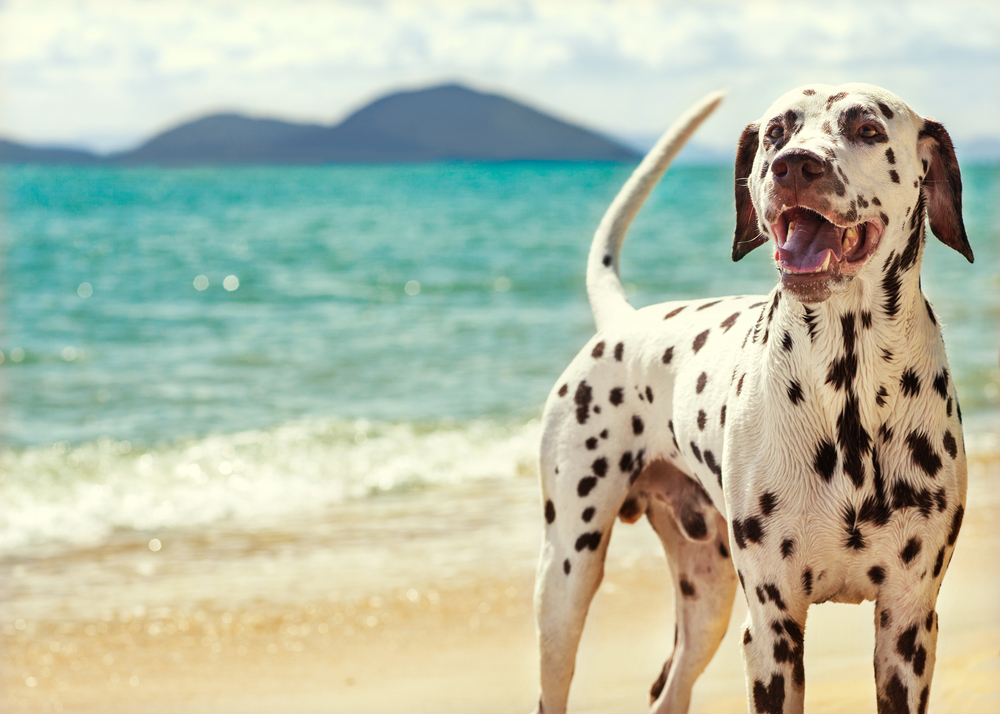
Dalmatians are iconic, thanks to their spotted coats, but they’re not always the best fit for families with toddlers. These dogs are energetic and excitable, which can be overwhelming in a household with little ones. They also have a history of being aloof or even aggressive if not properly socialized from a young age. While they’re great for active owners, they can struggle in the unpredictable world of small children.
11. Shiba Inu

Shibas are compact and fox-like, but their strong-willed and independent personalities make them challenging for families with young kids. They’re not naturally cuddly or tolerant of rough play, which can lead to conflicts with small children. Shibas are also known for their “cat-like” behavior, often preferring to do their own thing rather than engaging with people. For families seeking a dog that thrives in a kid-centric environment, a Shiba might not be the ideal fit.
12. Australian Cattle Dog
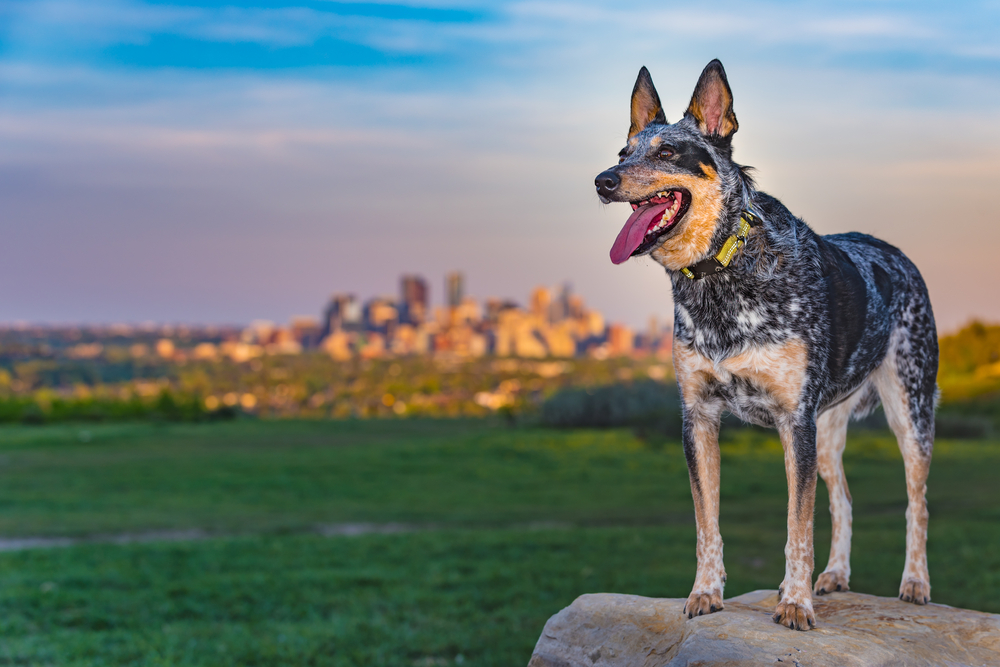
These hardworking herding dogs are incredibly intelligent but can be too intense for households with little kids. Their instinct to herd can lead them to nip at children, mistaking them for livestock that needs guidance. They also have endless energy and require lots of stimulation, which can be hard to manage alongside parenting duties. If you’re not up for the challenge of a high-maintenance dog, this breed is probably best avoided.
13. Saint Bernard
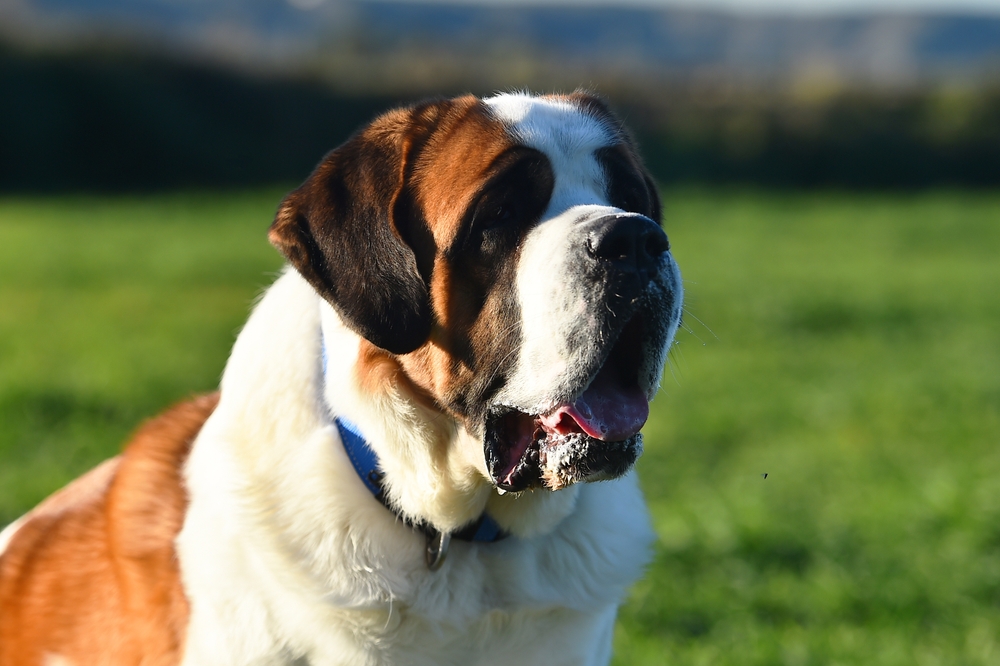
Saint Bernards are gentle giants, but their sheer size can make them a risky choice for families with toddlers. They’re known for their drool and messiness, which might not mesh well with busy households full of small kids. While generally sweet-natured, they can unintentionally knock over or overwhelm children during playtime. For families looking for a less cumbersome companion, a smaller, more manageable breed may be a better option.
